Optimal Timing for Tree Removals
Determining the optimal time for tree removals depends on various factors including tree species, weather conditions, and the purpose of removal. Proper timing can minimize risks, reduce costs, and promote safety during the process.
Spring offers favorable weather conditions for tree removal, with moderate temperatures and less wind, making it safer and more efficient.
Summer can be suitable for removals, especially when trees are fully leafed out, providing better visibility of branches and structure.
Fall is often preferred as trees are entering dormancy, reducing stress and sap flow, which can facilitate easier removal.
Winter is considered ideal for tree removal because of dormant trees, frozen ground for easier equipment movement, and less impact on surrounding vegetation.
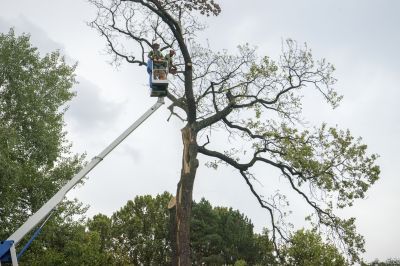
Tree being removed during spring with lush foliage in the background.
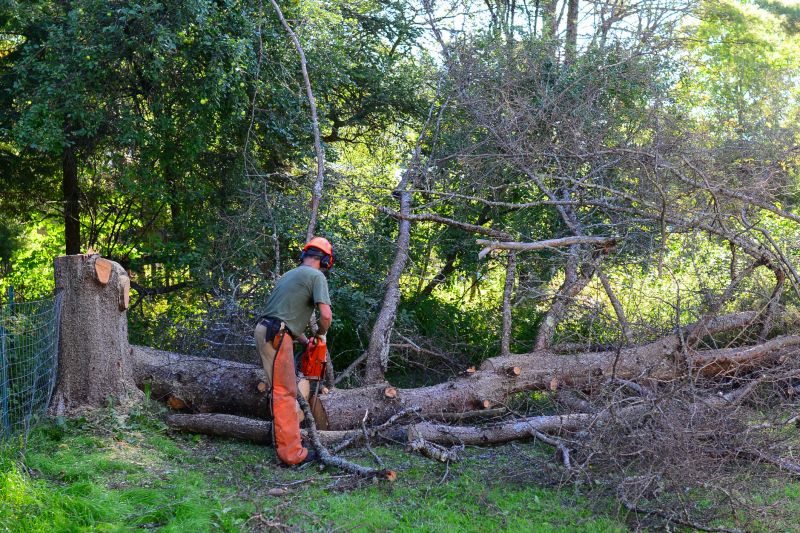
Tree removal operation in summer with full canopy.
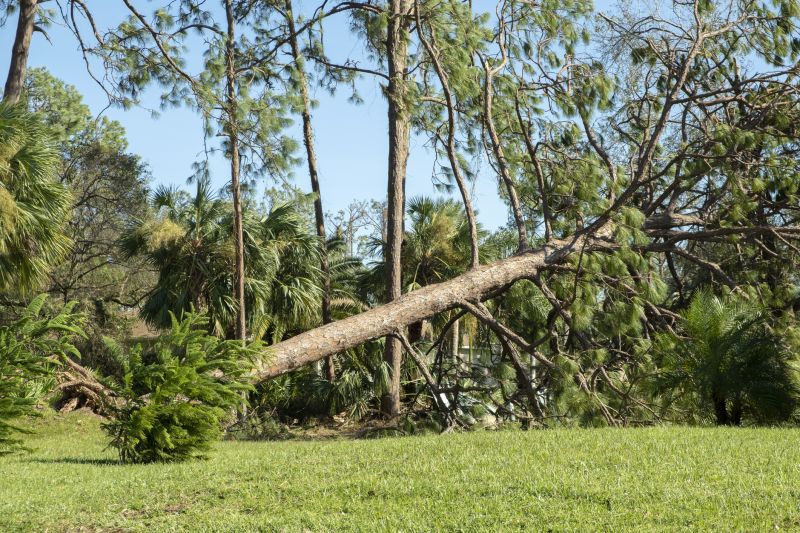
Tree being taken down in fall with colorful leaves.
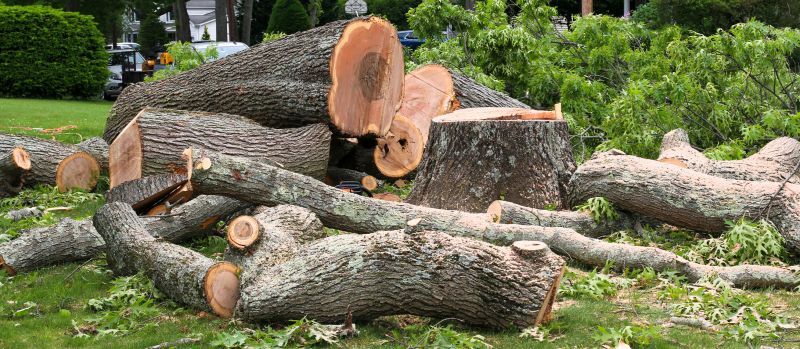
Ways to make Tree Removals work in tight or awkward layouts.
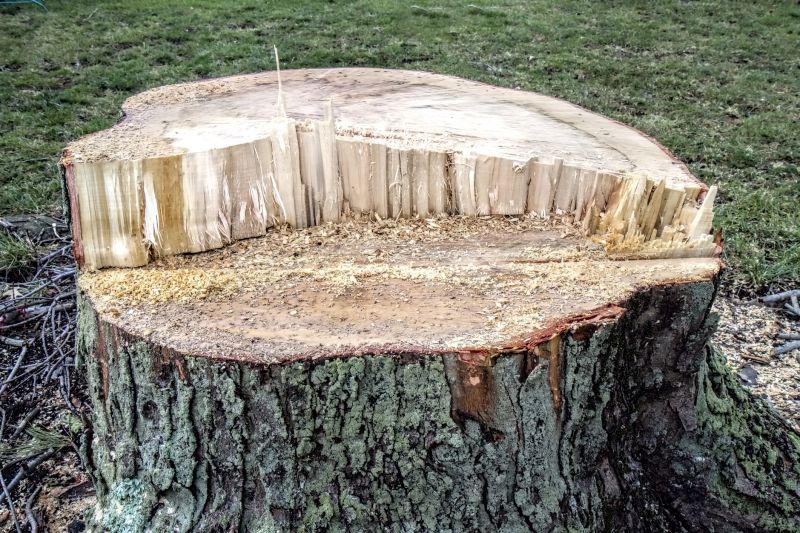
Popular materials for Tree Removals and why they hold up over time.
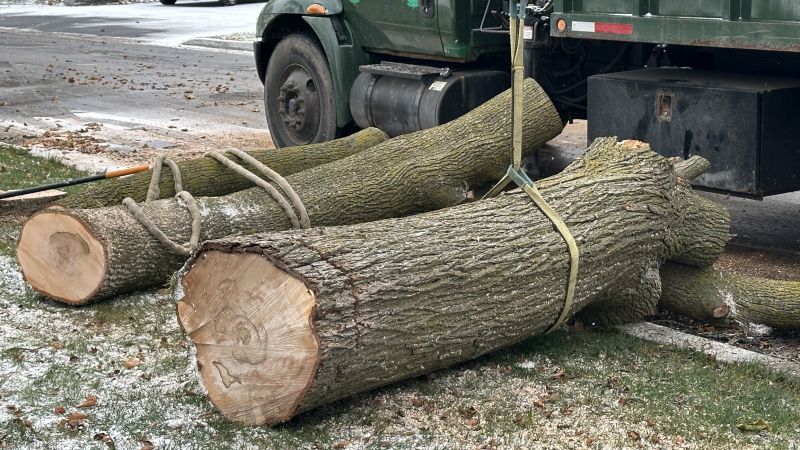
Simple add-ons that improve Tree Removals without blowing the budget.
| Season | Advantages |
|---|---|
| Spring | Moderate weather, less wind, good for safety |
| Summer | Full foliage for visibility, longer days |
| Fall | Trees entering dormancy, less sap flow |
| Winter | Frozen ground, less impact on surrounding vegetation |
| Emergency | Performed as needed regardless of season |
Tree removals are a critical part of maintaining landscape safety and health. Proper timing ensures that trees are removed efficiently while minimizing risks to property and individuals. Seasonal considerations influence the ease of removal, with winter often being the most favorable due to dormant trees and frozen ground, which facilitates equipment movement and reduces damage to surrounding areas.
Statistics indicate that over 80% of tree removals are performed during winter months, primarily because of the safety and logistical advantages. Additionally, removing trees during dormancy helps prevent unnecessary stress and damage to nearby vegetation. Planning removals according to seasonal conditions can also reduce costs and improve safety outcomes.
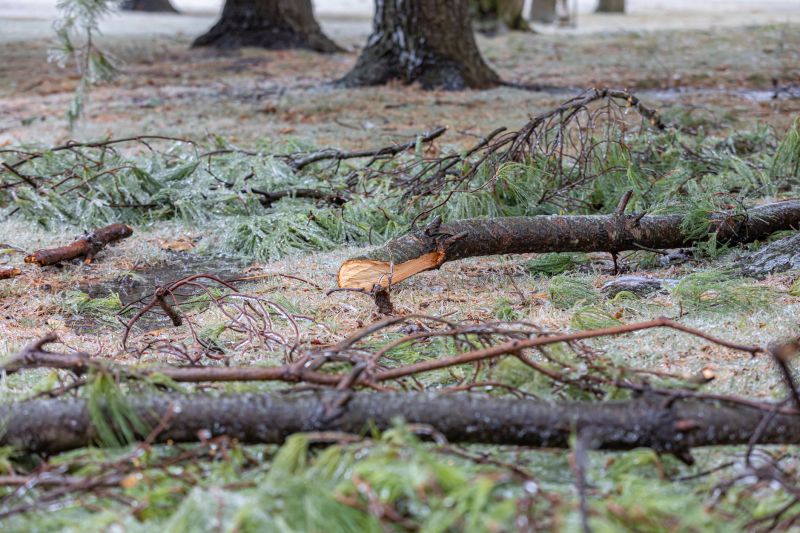
Tree being removed during winter with snow-covered ground.
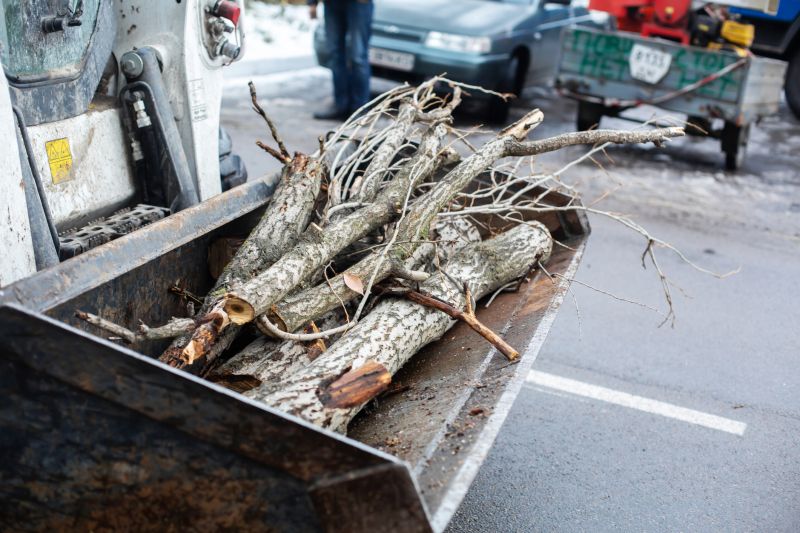
Tree removal operation in spring with budding trees.
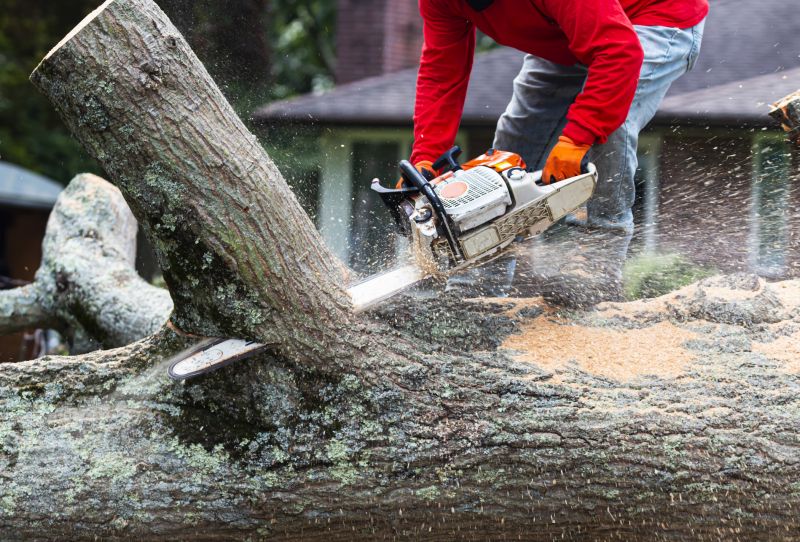
Tree removal during summer with lush foliage.
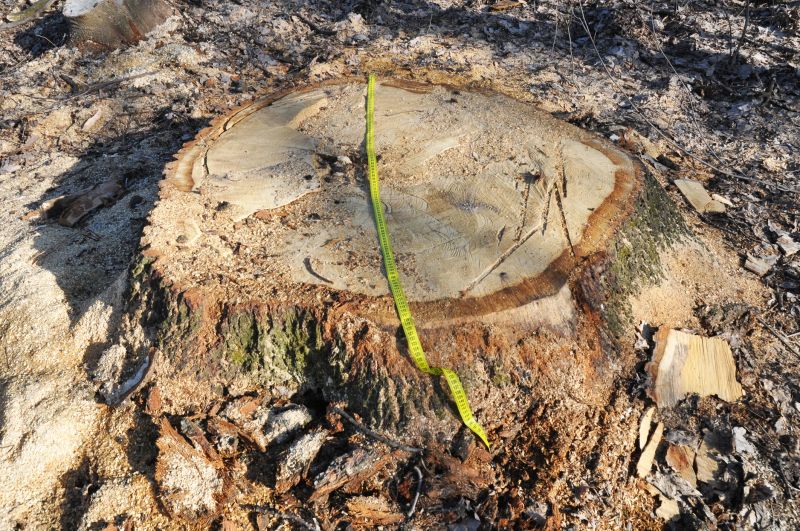
Tree being taken down amidst fall foliage.
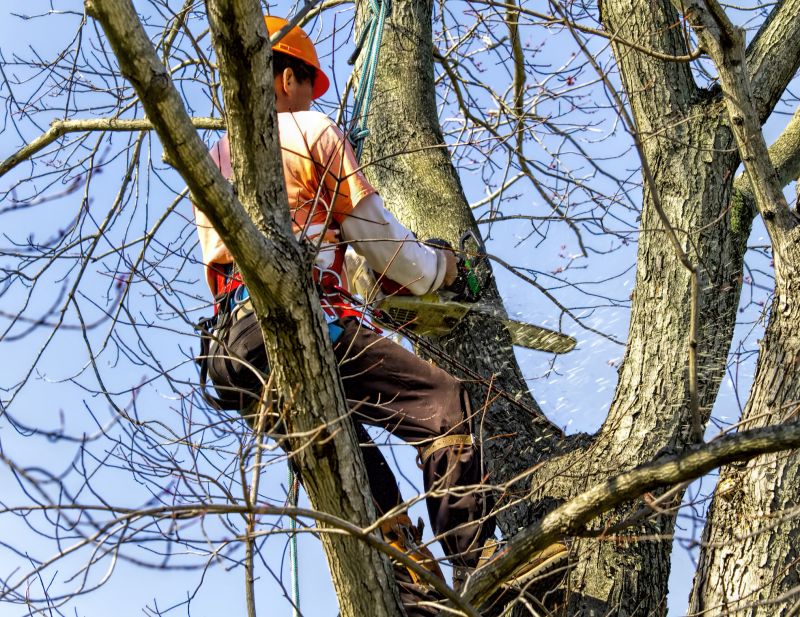
A 60-second routine that keeps Tree Removals looking new.
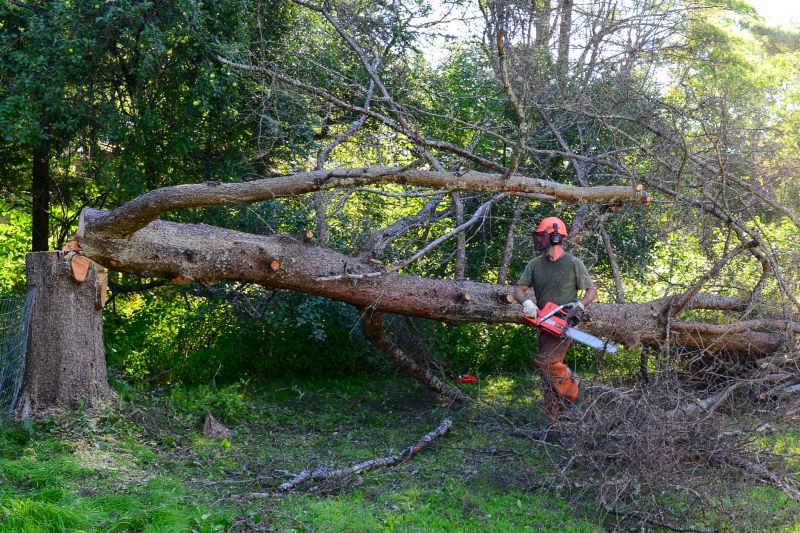
A frequent mistake in Tree Removals and how to dodge it.
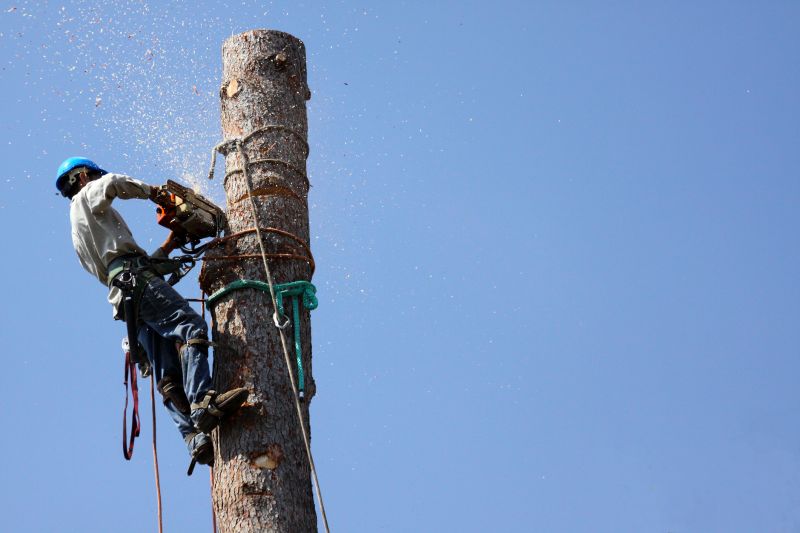
Small tweaks to make Tree Removals safer and easier to use.
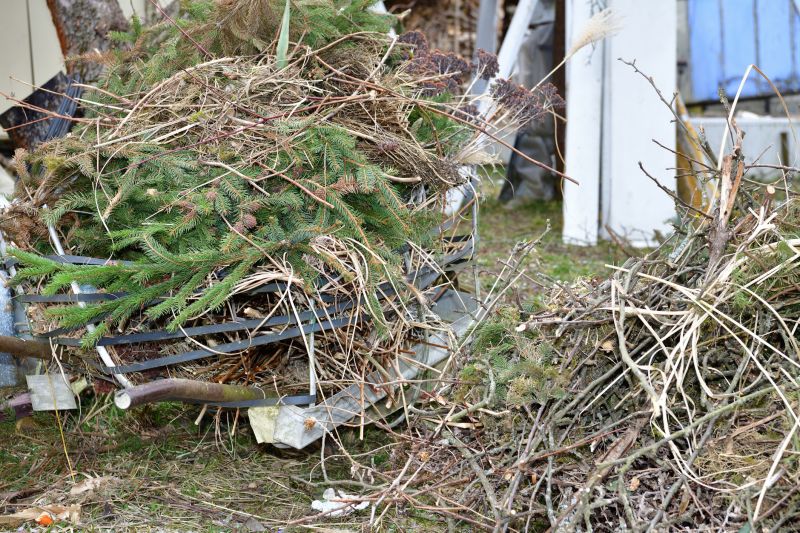
Lower-waste or water-saving choices for Tree Removals.
Interested in scheduling a tree removal? Filling out the contact form provides a way to discuss timing options and receive additional information tailored to specific needs. Proper timing can enhance safety, reduce costs, and ensure the health of surrounding landscape features.
